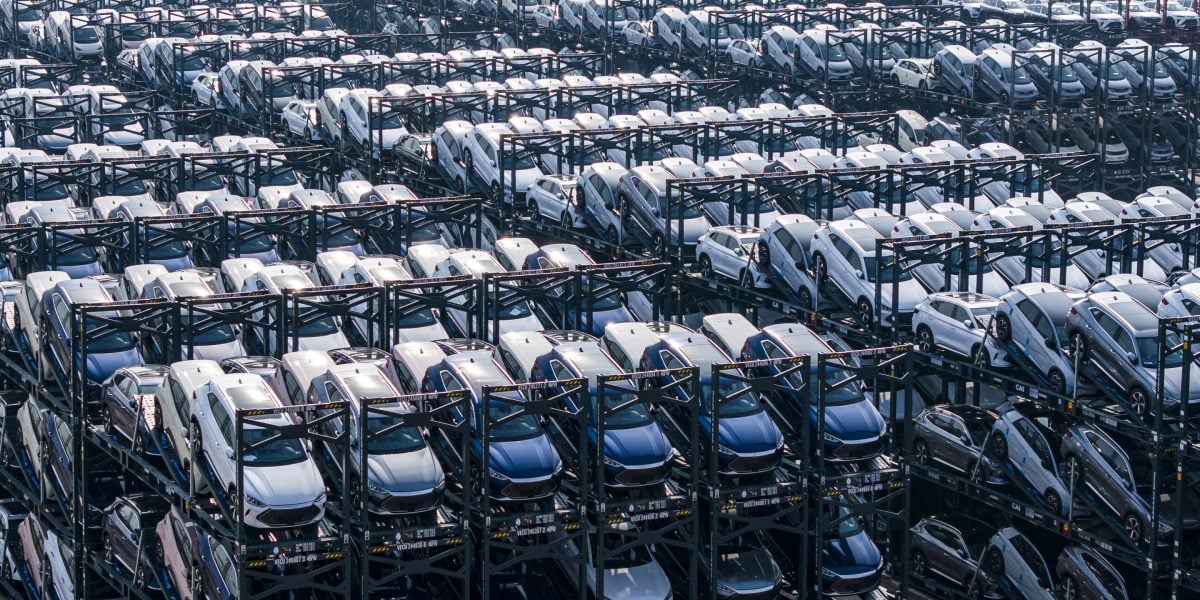China has become a powerhouse in electric vehicles. Its automaker BYD recently topped Tesla in global EV sales, with Elon Musk warning of Chinese carmakers, “If there are no trade barriers established, they will pretty much demolish most other car companies in the world. They’re extremely good.”
On Friday, the Alliance for American Manufacturing sounded the alarm, issuing a report entitled: “On a Collision Course: China’s Existential Threat to America’s Auto Industry and its Route Through Mexico.”
The report, which lists policy recommendations to combat overcapacity and unfair trade practices, notes that BYD is building factories in Thailand and Hungary designed to be regional export hubs. It then adds:
“More alarming, however, are Chinese firms’ heavy spending on plants in Mexico, through which they can access the United States by way of the more favorable tariffs under the United States-Mexico-Canada Agreement (USMCA). This strategy is, in effect, an effort to gain backdoor access to American consumers by circumventing existing policies that are keeping China’s autos out of the U.S. market.”



Infrastructure is what I hear the most. Apartments don’t have a way to charge vehicles, and gas stations don’t have the chargers everywhere. So people don’t know where to find them unless they actually have an EV. That said, it costs a lot less to charge an EV at home. If you have to get your charge elsewhere costs go up. Still better than gas most places but locating them and possible wait time scares new users.
More apartments are getting on board. A friend of mine lives in an apartment building from the 1980s and the management just installed outlets for folks with plugin hybrids and is planning on adding NACS.
They’re redoing the parking where I work and will be adding EV chargers for employee and visitor use.
It may not be a concerted effort but the infrastructure is growing.
There are plenty of people who are building their own EVs or converting their ICE vehicles.